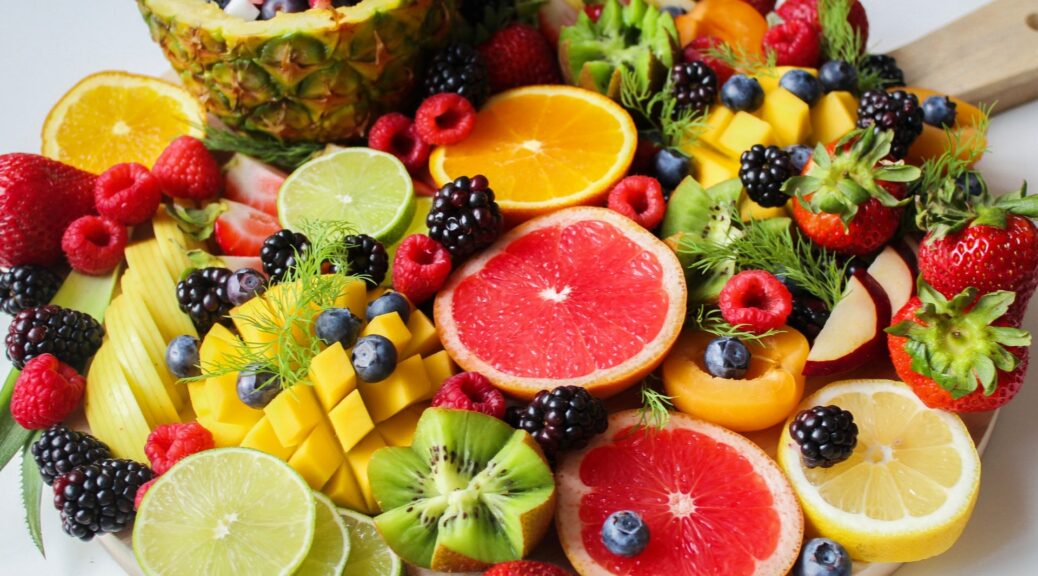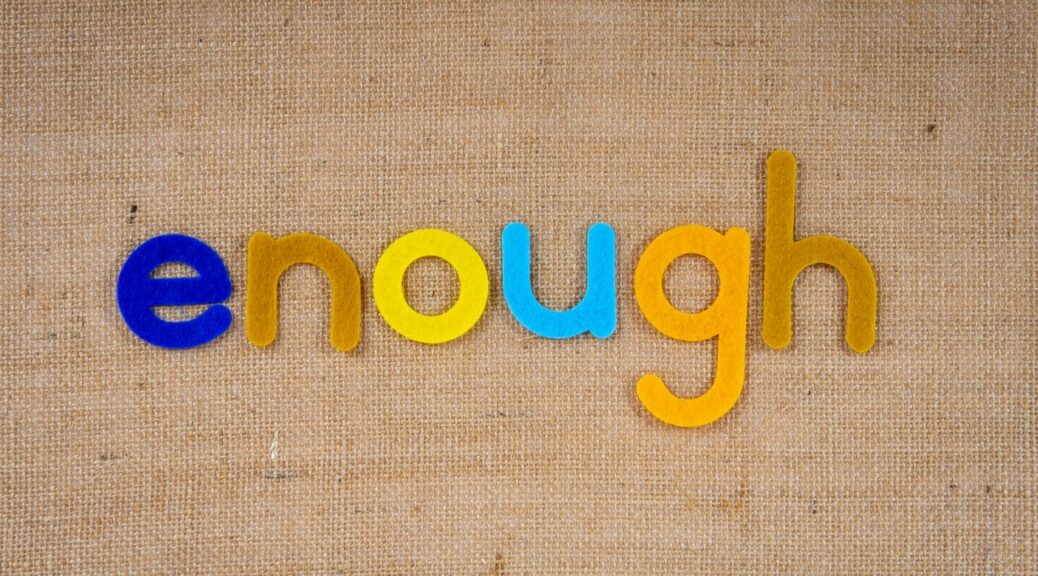
Is Fruit Healthy?
I’ve discussed my latest diet endeavors here recently. The main theme is how complicated and confusing eating has become.
One area where I am thoroughly bamboozled is fruit. Is fruit healthy? I know fruit tastes good, but I’m not sure it’s doing anything for my health.
The narrative for my whole life has been to eat plenty of whole grains, vegetables, and fruit. We’re supposed to eat those things because they have vitamins. Vitamins are important for a number of reasons. I don’t really know what those reasons are (I’m not a doctor) but I know those reasons exist.
Anyway, the story goes that if you don’t get vitamins bad things will happen. So get vitamins.
Except…I never ate many fruits or vegetables as a kid and I never had any health issues. Now I eat many more fruits and vegetables and I’ve not noticed any health benefit.
I’ve noticed the effect fruit has on my joint and nerve pain — it increases both. I don’t think that is a sign of a healthy food.
I’ve also noticed the effect fruit has on my weight. If I eat meat only, or meat and non-starchy vegetables, weight just falls off me. I lose weight effortlessly. I see all these commercials for expensive diet plans and supplements, with people working their behinds off (figuratively, not literally) to lose weight. Perhaps it’s the carbs?
It definitely is for me. If I eat fruit I gain weight. I don’t need new pants or anything, but it does make me wonder if this is something that’s good for me.
There is a popular way of eating called the Paleo Diet. This diet tries to exclude any foods that wouldn’t have existed for our ancestors hundreds and thousands of years ago.
One Paleo theory regarding fruit and weight is that fruit helps humans gain weight in the summer and fall to help get through the lean times of winter. I don’t know how thoroughly researched that claim is, so take it with a grain of salt.
Another way fruit can affect weight is with fructose. Fructose is a sugar found in fruits and other plants. Fructose can only be used by the liver for energy. This is in contrast to glucose (the other main type of sugar), which can be used by every cell in the body. Any fructose the liver can’t use for energy gets turned into fat.
I’m not political about food. I don’t say any food is “good” or “bad.” There is only food that is good or bad for me. And it seems that fruit isn’t doing me any favors.
But it tastes so good! And the “fruit is healthy” mantra gives fruit wonderful camouflage. I know I should probably limit or eliminate it, but it’s easy to lose conviction because it’s a “health food.” I can’t remember the last time I’ve eaten donuts or pizza — there’s no lying to myself about the merits of those items.
The next time I hear “An apple a day keeps the doctor away,” it would be good to remember that two words should be tacked on the the end of that phrase: for some.



